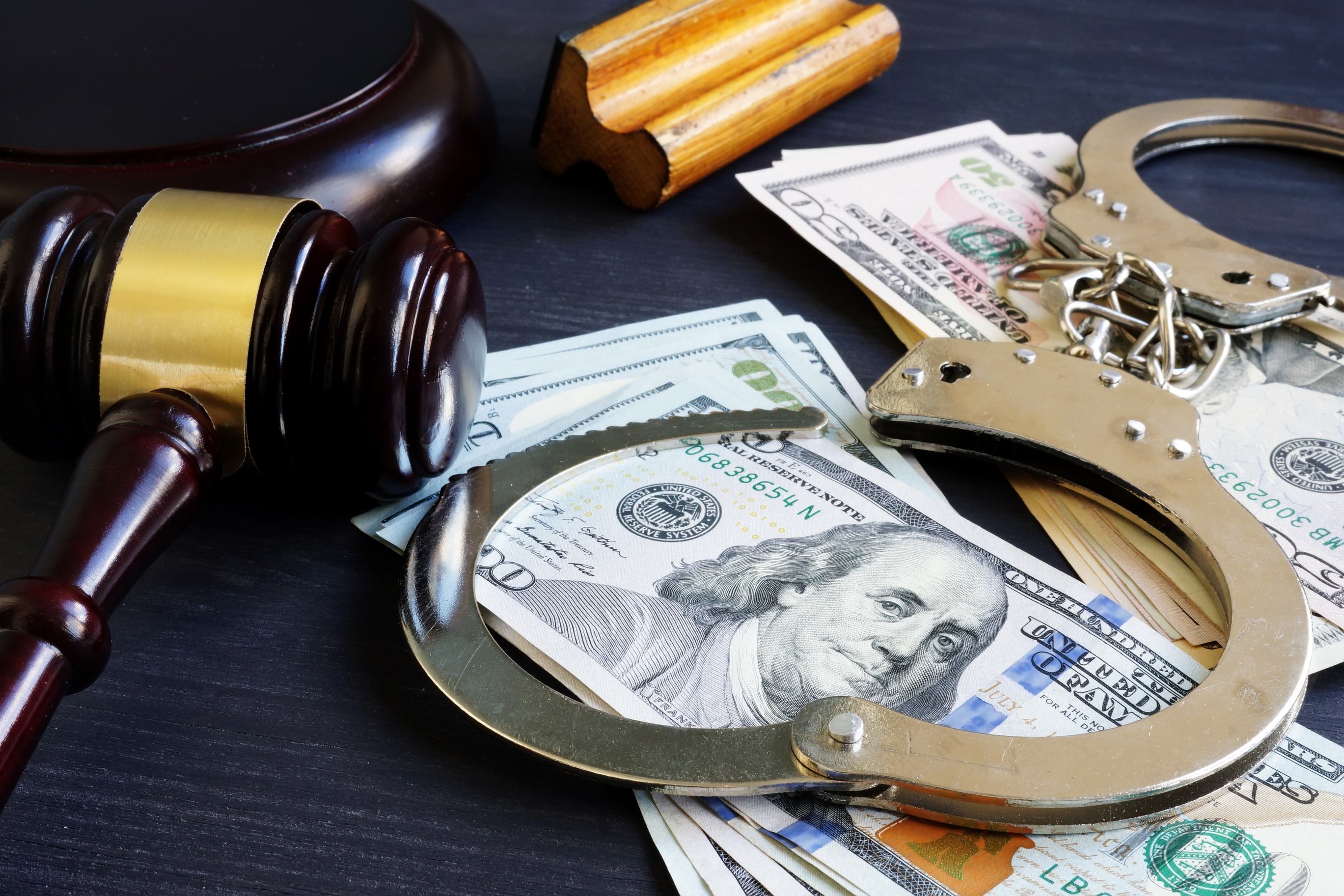When Justice Fails: Why Our System Punishes the Powerless
Written by Arbitrage • 2025-08-04 00:00:00

In theory, the American justice system is designed to treat everyone equally under the law. But in practice, it often does the opposite, favoring those with means, status, or luck, while punishing those who can least afford it. One of the most frustrating and glaring examples of this inequality plays out daily in courtrooms and jails across the country: how the system handles pretrial release.
Imagine this: A person accused of a serious violent crime, like homicide, gets released on their own recognizance (ROR). That means they walk out of jail without paying a dime, based on a judge's assessment that they are likely to return for trial. Meanwhile, someone else charged with a non-violent offense like DUI sits behind bars, sometimes for days, weeks, or longer simply because they can't afford to post bail. How does that make sense?
The Unequal Logic of Pretrial Release
Pretrial release is supposed to be about risk, not punishment. A judge is expected to consider whether a defendant is a danger to the community or a flight risk. If not, they can be released while they await trial. But too often, that process is inconsistent and influenced by factors like public perception, media coverage, and the defendant's financial resources.
Some murder suspects are granted ROR because they have strong ties to the community, a lack of prior criminal history, or are seen as unlikely to flee. In contrast, someone arrested for DUI, often a first-time offender, may still be hit with a bond of thousands of dollars. If they can't pay, they sit in jail - sometimes losing jobs, homes, and sometimes custody of their children, all before they've even had their day in court. And that's not justice. It is punishment by poverty.
Bail: A System That Favors the Privileged
Cash bail was originally intended to ensure people return for court. But over time, it has morphed into a two-tiered system: one for the rich and one for everyone else. A wealthy defendant can post bond in minutes, regardless of the crime. A poor defendant accused of something minor might sit in jail for months. And those who remain incarcerated often feel pressured to plead guilty just to get out, regardless of their actual guilt or innocence. This isn't hypothetical. It happens every day in cities and towns across the U.S.
What Needs to Change
- Eliminate cash bail for low-level offenses. No one should be jailed pretrial simply because they can't pay.
- Implement risk assessments fairly. Decisions about release should be based on facts, not fear or headlines.
- Create more consistency. The difference between ROR and a $10,000 bond shouldn't come down to which judge is in the courtroom that day.
- Expand pretrial services. Text reminders, check-ins, and community support can keep people accountable without incarceration.
The Bottom Line Justice isn't just about laws; it is about fairness. And when someone accused of a violent crime walks free while a non-violent offender is trapped by their inability to pay, something is deeply broken. We need a justice system that truly lives up to its name - not one where freedom is bought and fairness is optional. Until then, we must continue to speak up, push back, and demand better for everyone.